Public lecture: Heritage from the outside in: Cultural practice in an already changed climate
My Session Status
In the refusal of people in communities abandoned by industrial capital to abandon their own places, we can read an implicit critique of the mobility and unaccountability of capital, raised by those who were once inside (however tenuously or uncomfortably) and now find themselves marginalized, “left behind.” The desire to catch up again, whether through attracting new investment or transvaluing abandoned sites as tourist attractions, makes this an essentially conservative critique that is reluctant to question the underlying logics of industrial capitalism more directly. But as those logics continue to create conditions now rendering planetary systems themselves inhospitable to human life, the time feels right to ask: what would it take to imagine a heritage practice in solidarity with what is now or has long been structurally outside, one that aligns that implicit critique with projects of economic transformation, not merely revitalization? I propose two lines of possibility, one emerging from a more radically reflexive mode of practice and the other imagined within the conditions of breakdown and crisis that the COVID-19 pandemic has prefigured and illuminated. I root this imagined practice within my own current location in a deindustrialized New England mill town where I am engaged with food systems projects. This work has given me unexpected insight into what it means to be structurally “outside” and pointed the way toward modes of community wealth and investment that can shift the sense of what cultural labor may be working toward.
Who's Attending


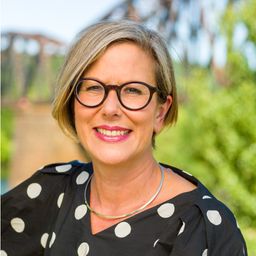

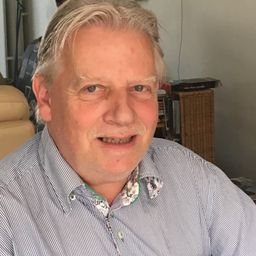
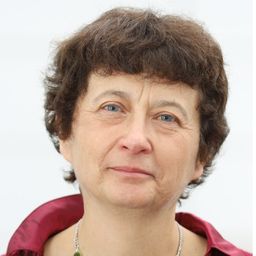
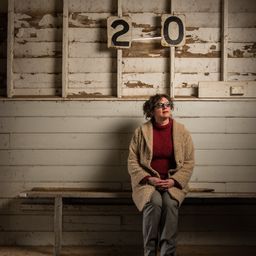
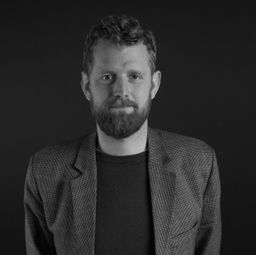
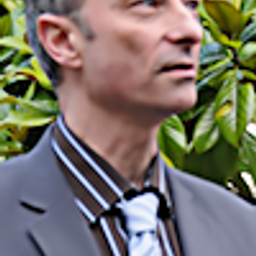
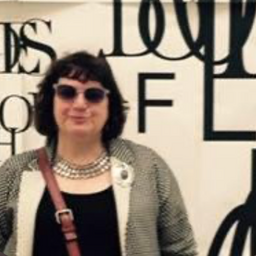
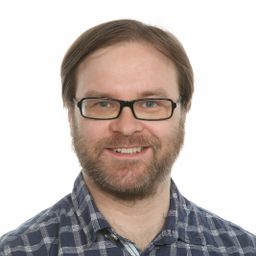
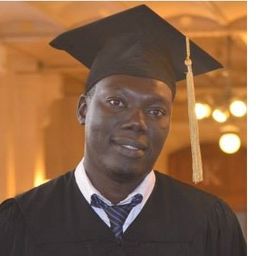
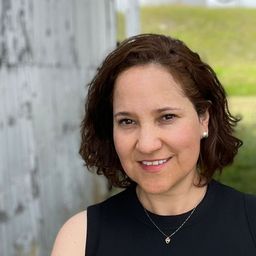
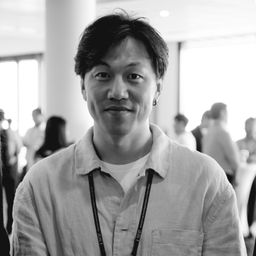
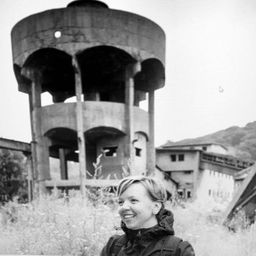

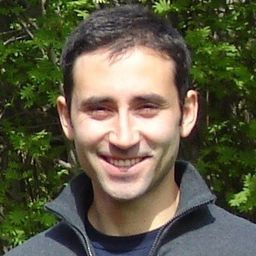

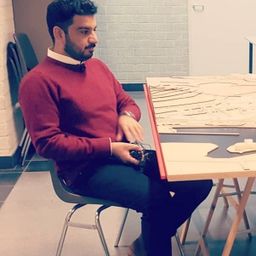
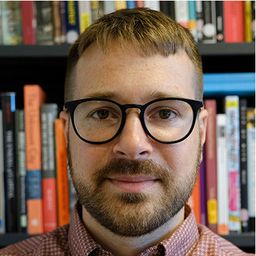


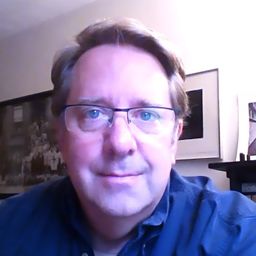
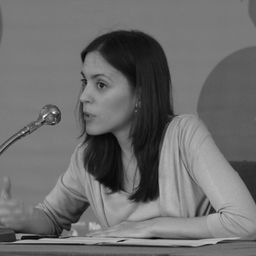
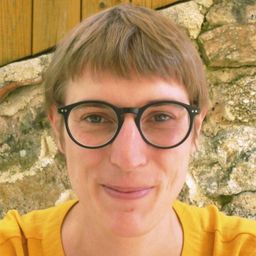
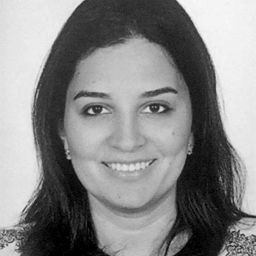
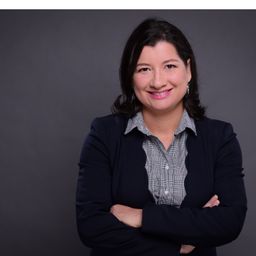
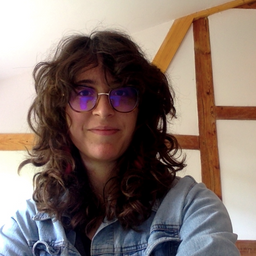
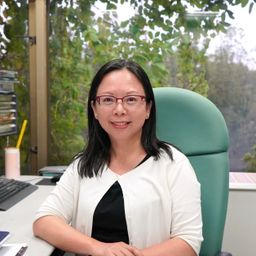
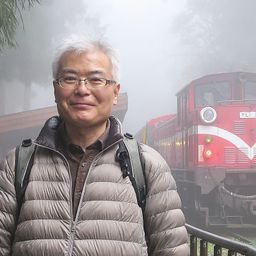
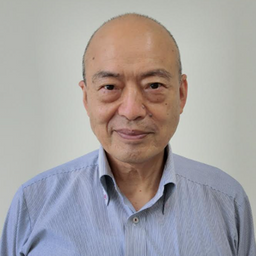

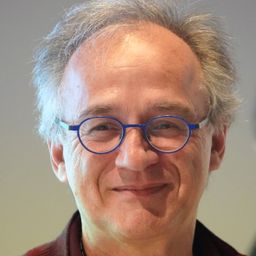
Discussion